By Lara Gabrielle Fowler
After an exhausting day of movie-watching and hours of research at the Margaret Herrick Library, I was ready to head home around 11:00 after 3 evening movies. But when I learned that the final movie of the night was about a newspaper reporter who covers the story of why a black mother has a white child, I knew I had to stay and see just how they handled this.

The story begins as a newspaper reporter (Claire Trevor) is passing through a black neighborhood and she sees a policeman (played by Bill “Bojangles” Robinson) leading the neighborhood children in a tap dance. Around comes a young girl who is significantly lighter than her friends. It comes to light that there has been discussion in the neighborhood that the girl, named Sunny, may not be her mother’s biological child. The newspaper reporter picks up the story and through a series of circumstances that would be deemed very racist, we learn that Sunny is NOT in fact her mother’s biological child and she had been left in her care by another couple (the woman was played by Sally Blane, best known as being the sister of Loretta Young), who come to claim her at the end. But the couple tells the woman who raised Sunny that she will not have to leave the child–she can come along and be the child’s nurse.

It usually takes a good deal for me to become offended and angry, and this movie did it for me. It is completely unapologetic about its racist attitudes and almost boasts of them. I will not justify its racism, nor will I extol this movie in any way. I will, however, provide some context.
The year was 1937, and this was segregated, discriminatory America both in real life and on film. In the movies, those of African-American heritage were portrayed almost exclusively as cooks, servants, or maids, and almost always in an unflattering light. In real life, Jim Crow laws were in effect and interracial relationships were illegal. Movies often shot just a few scenes featuring black actors in an otherwise white cast, because in order to be able to sell movie tickets in the American South, those parts would have to be removed before distribution in that area. In this regard, the producers of One Mile From Heaven probably thought they were being progressive–a mixed cast? In 1937? That was close to unheard of.
But the one step of progress the movie made in that regard was promptly nullified by two steps back…and back…and back. The beautiful, heartwrenching performance of Fredi Washington as the woman who raised Sunny is the highlight of the movie, and everything else is a mess. What is missing in this movie is any sort of empathy toward the woman who has raised this child from the time she was a baby. The movie almost goes out of its way to say, almost word-for-word, that the baby belongs in a white family. There are other movies like this, but this movie, to me, symbolizes just how big of a mess America was in during this time period.
When watching classic films, it is important to remember context and judge movies accordingly. Thankfully, attitudes have shifted considerably over the past 70, 80, 100 years. We are lucky to live in a society that can call out segregation, discrimination, and racism as inherently unfair, and to understand just how lucky we are, it is necessary to look to the past. The situations in One Mile From Heaven were, unfortunately, cruel realities.
At some point soon, I would like to make a larger post discussing racial issues in classic film. There is a lot to say, and it’s far too complicated for an impromptu article right in the middle of Cinecon. When I get back, stay tuned for my opinionated take on the issue and I will invite you, the reader, in for a discussion. As for this post, please feel free to weigh in with your thoughts on the movie. Have you seen it? Would you see it?
See you tomorrow for more coverage!

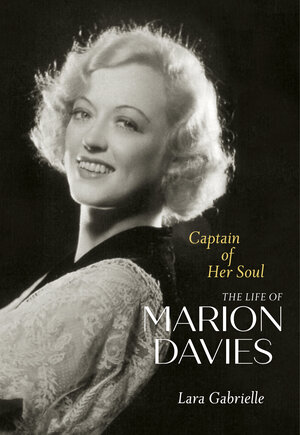


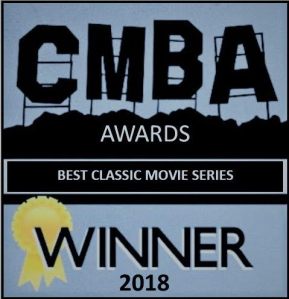


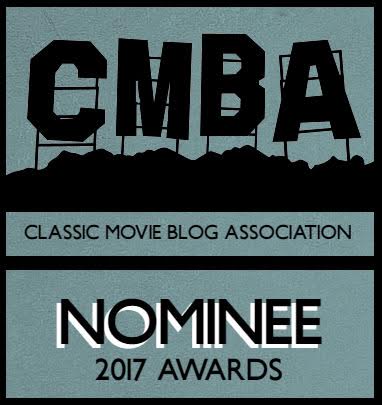

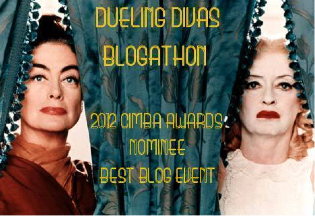







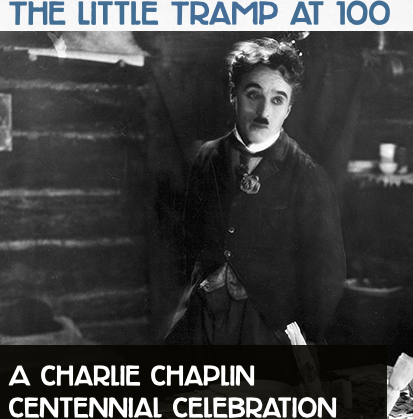
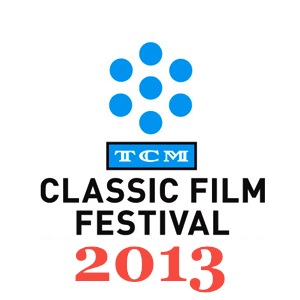
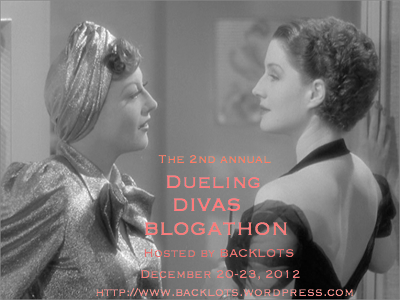


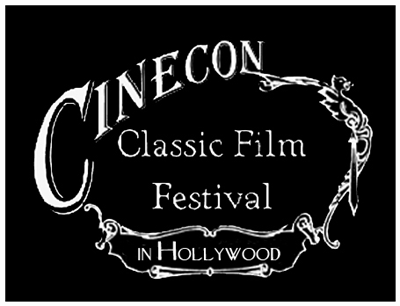




_03.jpg)
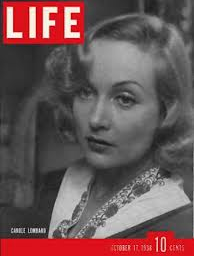

Ugh! Please no posts about racial issues in classic films because it will just make me rage! Sorry rant over! This movie sounds like a mess! I would have walked out!
I nearly did. I do think, though, that it’s an important topic to be able to talk about.
I haven’t seen this one, but it sounds like an hateful, if perversely fascinating experience. I think you’re right that the racial attitudes make it worthy of interest even if it’s an utterly despicable film. Fredi Washington was so beautiful and talented. It must have killed her to collaborate with such ideas.
I just watched this film and feel quite the opposite- One Mile From Heaven is as close as a major studio film from the 1930’s would get regarding racial equality. When reporter Clare Trevor walks unescorted through an all-black neighborhood (sent on a fake news story by rival reporters) she is not leered at or disrespected, and she in turn respects the people around her. The neighborhood is firmly middle-class, bustling with well-dressed folks and busy storefronts. Yes, there is a tap-dancing intro to Bill Robinson’s character- the neighborhood cop on the beat- but he is depicted as much more than the initial tapping feet we first see. He is the linchpin of the community that keeps quarreling neighbors in harmony.
Sunny, the little girl at the center of the story, moves easily within the neighborhood and accepts Robinson as all the other children do- not just as a figure of authority, but as “Uncle Joe.”
Fredi Washington’s character Flora is well-shaded as a woman who, having lost her husband and child, takes in a little girl for boarding- but grows to love and raise her after Sunny’s gangster father dies. She is shown as independent, functioning without a man– a seamstress who not only makes a good living for her family but is saving to send Sunny to college.
In the climactic court scene, Sunny’s now-wealthy birth mother agrees to not snatch the child back but allows her to be ‘adopted’ into her white family, it a graceful face-saving gesture towards Flora. As the two mothers share the screen with the child between them, she asks Flora to join her household help her as they ‘raise Sunny together’. There is no mention of ‘coming to work for me’ or ‘be my live-in help’– the conversation is framed as one of equality. It is stated that “Sunny has enough love to give us both.” She also states that she will ensure that Flora’s dream of college for Sunny will be ensured.
The white characters are mostly 30’s stock depictions: Cut-throat reporters, tough-talking jailbirds and society women with shady pasts. Yes, the ending is candy-floss, but the final scene as the blended family unit of Flora, Sunny, her birth mother and her husband on the lawn of a palatial estate hosting a children’s party for all of Sunny’s friends from ‘the old neighborhood’ shows both races sharing space in a confident way that carries through the entire film. The reveal that Officer Joe and Flora will be married ensures that Sunny will have both white and African-American sets of parents in her life for years to come.
Thank you for your dedicated comment. I very much appreciate your perspective. It’s important, I feel, to have an opposing view in order to better understand your own.